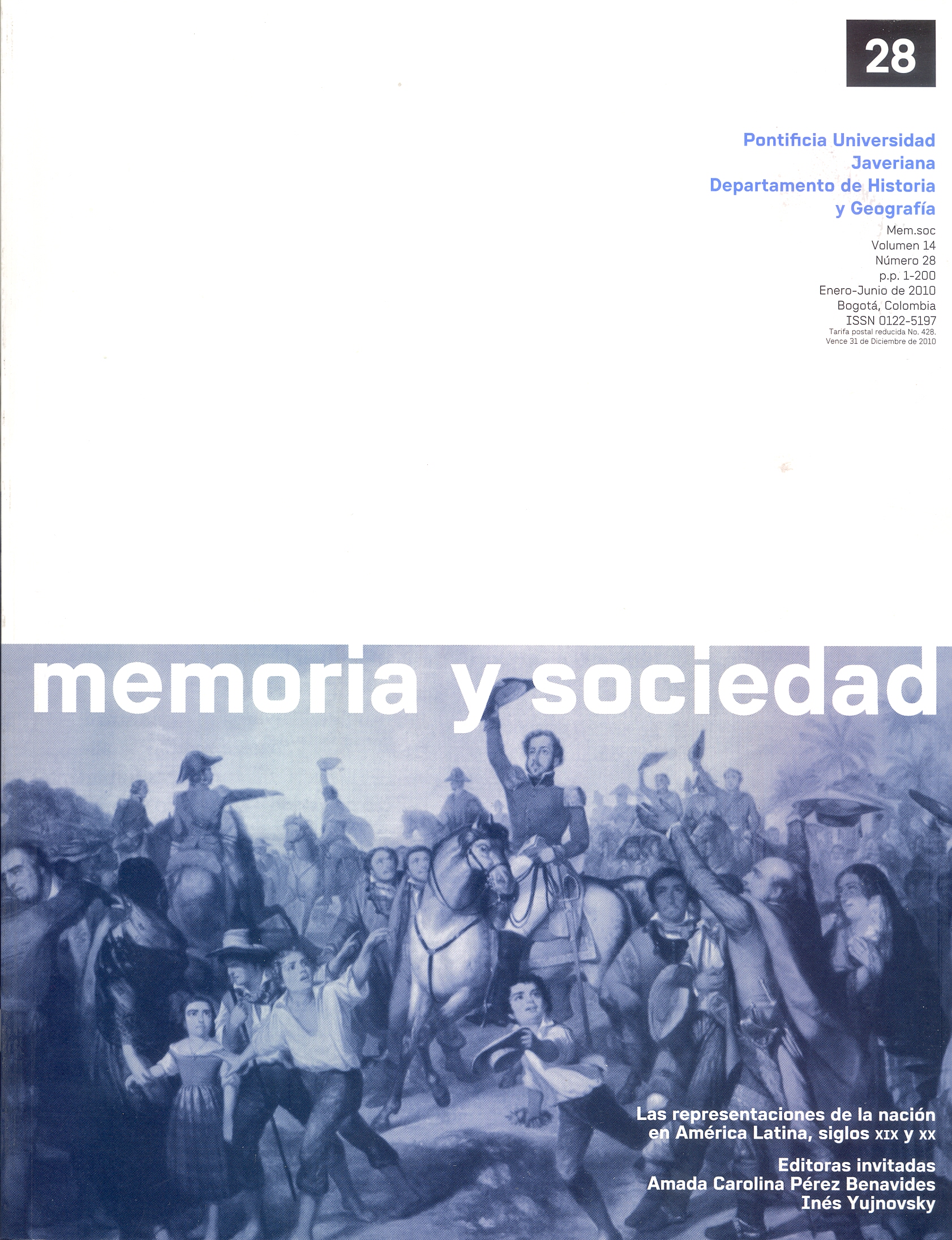Resumo
Tras el logro de la independencia y a lo largo de todo el siglo xix, las élites políticas, económicas y culturales colombianas trazaron un modelo de nación basado en la idea de que las tierras altas y la raza blanca eran materias primas privilegiadas del progreso; así, con base en atribuciones raciales y geográficas se construyó una jerarquía regional que dio lugar a la configuración de identidades locales definidas en función de ese modelo. Entretanto, aun a pesar de que Antioquia contaba con una importante presencia de africanos y afrodescendientes desde la época colonial, desde diversos lugares de enunciación y acudiendo a la empresa colonizadora del siglo xix como mito fundacional, se empezaron a elaborar representaciones que mostraban a Antioquia y a sus habitantes como correlato exitoso de la asociación entre raza blanca y montañas andinas, en contraste con valoraciones negativas sobre las tierras bajas y pobladores negros. El artículo busca por una parte examinar cuáles fueron los mecanismos de representación de los africanos y sus descendientes en Antioquia, mediante el análisis de la obra literaria de Tomás Carrasquilla y, por otra, evidenciar que esas elaboraciones marginaron los aportes de los africanos y sus descendientes a la historia antioqueña.A revista Memoria y Sociedad encontra-se registada sob a licencia Creative Commons Versão 4.0 Internacional. Portanto, esta obra pode se reproduzir, distribuir e comunicar publicamente em formato digital, sempre que dado o crédito apropriado para os autores e a Pontificia Universidad Javeriana. Permite-se citar, adaptar, remixar, transformar, autoarquivar, republicar e criar a partir do material, para qualquer fim, mesmo que comercial, sempre que indicado apropriadamente o nome do criador, provido um link para a obra original e indicado se mudanças foram feitas. A Pontificia Universidad Javeriana não retém os direitos sobre as obras publicadas e os conteúdos são responsabilidade exclusiva dos autores, os quais conservam seus direitos morais, intelectuais, de privacidade e publicidade.
O aval sobre a intervenção da obra (revisão, correção, edição, tradução, formatação) e a subsequente difusão disponibiliza-se através de licença de uso e não através de transmissão de direitos, o que representa que a revista e a Pontificia Universidad Javeriana são isentas de qualquer responsabilidade que puder se derivar de uma prática ética pobre por parte dos autores. Em consequência da proteção fornecida pela licença de uso, a revista não fica na obrigação de publicar retratações ou alterar informações já publicadas, a não ser que a errata seja decorrente do processo de gestão editorial. A publicação de conteúdos nesta revista não representa royalties para os contribuintes.

